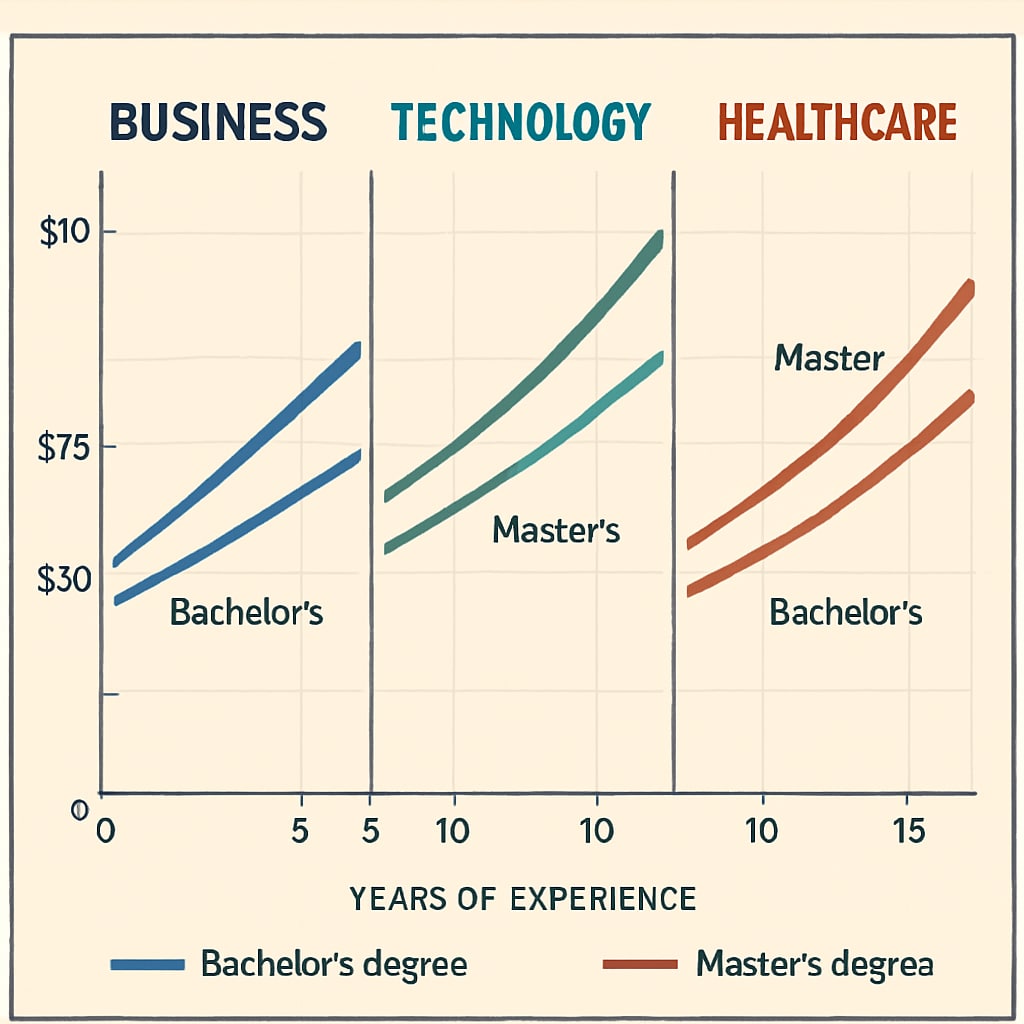The crossroads between pursuing a master’s degree, employment, or career choice represents one of the most significant decisions college graduates face. From a K12 education perspective, this transition mirrors the developmental milestones students encounter throughout their academic journey.

Evaluating Personal Readiness for Advanced Study
Before committing to graduate school, consider three core aspects of academic preparedness:
- Learning stamina: Assess your ability to sustain 2+ years of intensive research (According to APA’s graduate success guidelines)
- Specialization clarity: Determine if your field truly requires advanced credentials
- Financial capacity: Calculate tuition costs against potential salary increases
Employment Landscape Analysis
The current job market presents unique considerations for new graduates:
- Technology sectors often value experience over advanced degrees (BLS employment data)
- Healthcare and education fields typically require postgraduate credentials
- Many companies now offer tuition reimbursement for later graduate study

Strategic Decision-Making Framework
Developed from K12 educational principles, this 4-step evaluation process helps clarify priorities:
- Identify your 5-year career non-negotiables
- Map required credentials for target positions
- Calculate return on investment (ROI) for education costs
- Test the market through internships or temporary employment
Transition tip: Many successful professionals combine part-time work with graduate studies, gaining both experience and credentials simultaneously. This hybrid approach, however, requires exceptional time management skills.
Ultimately, the master’s degree versus employment decision should align with your personal definition of professional fulfillment. Regular self-assessment and career counseling can help navigate this pivotal career choice throughout your professional journey.


